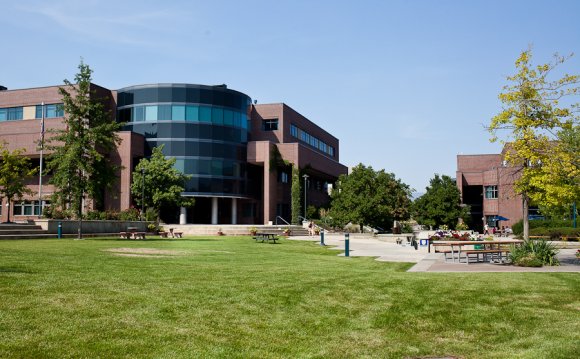
 Forensic psychology is where the practices of psychology and law meet. It is also a profession that has received a lot of attention over the past several years, due to the tremendous popularity of procedural-based movies and television series. Anyone interested in a career as a forensic psychologist, however, has to distinguish between fact and fiction, and determine the answers to several questions: How does the practice of forensic psychology differ from that of clinical psychology? What are the academic choices leading to a successful forensic psychology practice? What is the employment outlook for the forensic psychology field?
Forensic psychology is where the practices of psychology and law meet. It is also a profession that has received a lot of attention over the past several years, due to the tremendous popularity of procedural-based movies and television series. Anyone interested in a career as a forensic psychologist, however, has to distinguish between fact and fiction, and determine the answers to several questions: How does the practice of forensic psychology differ from that of clinical psychology? What are the academic choices leading to a successful forensic psychology practice? What is the employment outlook for the forensic psychology field?
This “how to become” guide introduces forensic psychology, with useful information regarding educational requirements, forecasts for employment and job growth, and some suggested career steps for forensic psychologists. Tools are provided to search for educational options and salary comparisons across the country.
Search Forensic Psychology Degree ProgramsWhat Does a Forensic Psychologist Do?
In general, forensic psychologists focus on the application of psychological theory and practice to the criminal, court and corrections systems. They frequently work directly with prosecutors and defense attorneys in the analysis of the behavior of individuals charged with crimes, the preparation of criminal cases, and by testifying in court as expert witnesses. Forensic psychologists are often employed in jails and prisons, providing rehabilitative treatment and education to inmates in preparation for their release and return to the outside world. Forensic psychology professionals are also sometimes hired by police departments as consultants and profilers during criminal investigations. Finally, forensic psychologists conduct research on criminal behavior and the development of effective clinical treatments.
The Steps: Become a Forensic Psychologist
Earn a Bachelor's Degree
Among the paths one can take to become a forensic psychologist, the starting point is the same: earning a bachelor's degree from a fully accredited college or university. When deciding on a school, it is essential to keep in mind that a bachelor's degree is only the first step in the educational journey. A common course of action on the undergraduate level is to major in psychology with a minor in criminal justice, criminology or pre-law. An alternative is to major in a law subject and minor in psychology, but some graduate schools only accept candidates with a bachelor's degree in psychology. A limited number of colleges may offer an undergraduate program in psychology that focuses on forensic psychology, with studies in the legal aspects of the field.
A bachelor's degree does not guarantee acceptance into a graduate program. Students are advised to strive for the highest GPA possible while also preparing for any graduate school prerequisites and admissions requirements. Psychology students need to do extensive research to determine their career goals and the best academic route to achieve them.
Pursue a Master's Degree (if required)
Certain doctoral programs accept students with only a bachelor's degree, if the academic background is appropriate for psychology. Other doctoral programs require that applicants hold master's degrees or earn them during their studies. Students who end their studies with a master's degree may explore related occupations, such as psychologist assistant or researcher, but those pursuing careers as forensic psychologists should complete doctoral degree programs.
Master's degree programs may cover subjects such as forensic psychology from a community perspective, applications in mental health settings, program planning and evaluation in the field, and the interface between psychology and the legal system. A master's degree program may take about two years of full-time study, although this depends on students' availability and their projects to gain experience in the field.
 Forensic psychiatry is a sub-speciality of psychiatry and an auxiliar science of criminology. It encompasses the interface between law and psychiatry. A forensic psychiatrist provides services – such as determination of competency to stand trial – to a court of law...
Forensic psychiatry is a sub-speciality of psychiatry and an auxiliar science of criminology. It encompasses the interface between law and psychiatry. A forensic psychiatrist provides services – such as determination of competency to stand trial – to a court of law...










